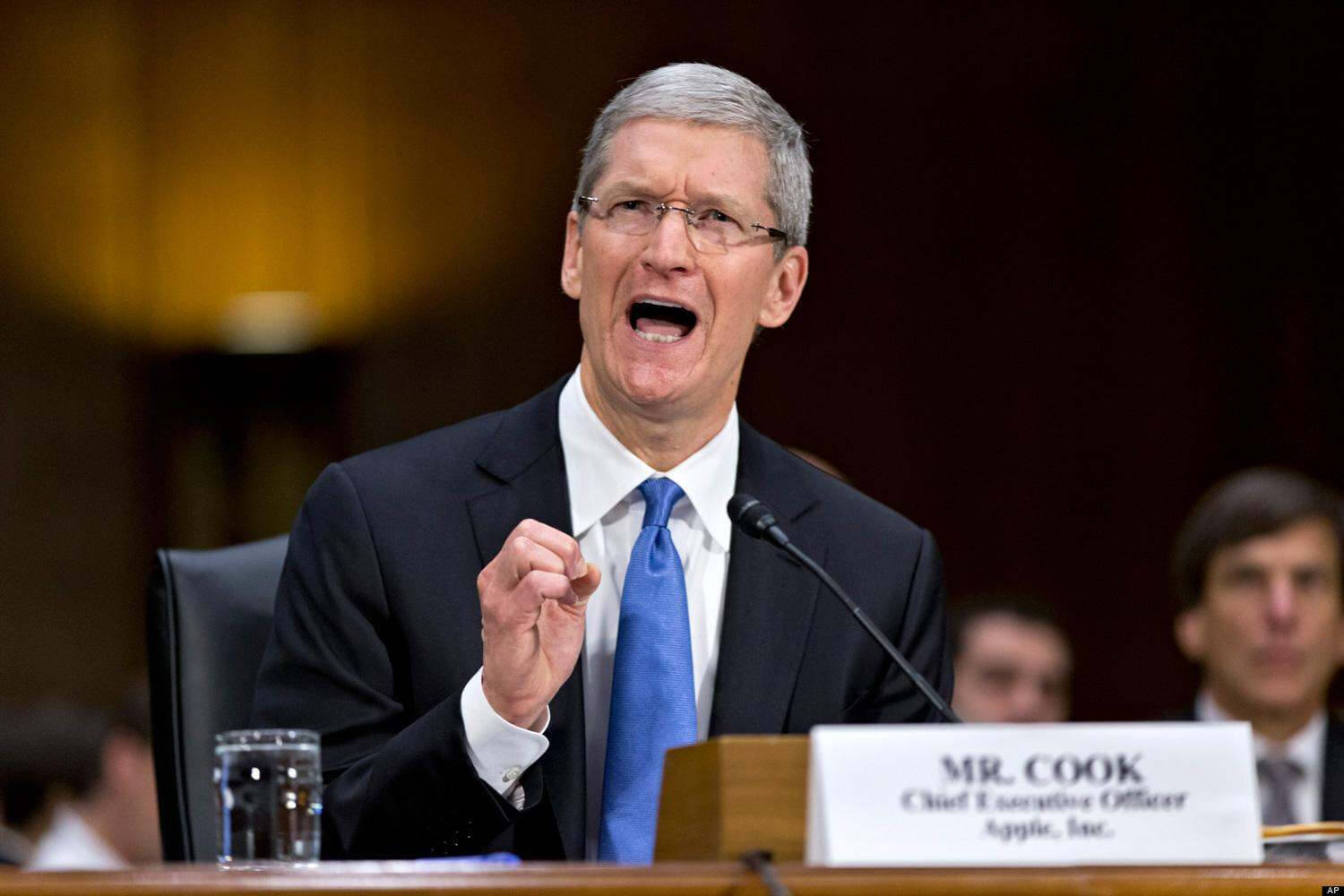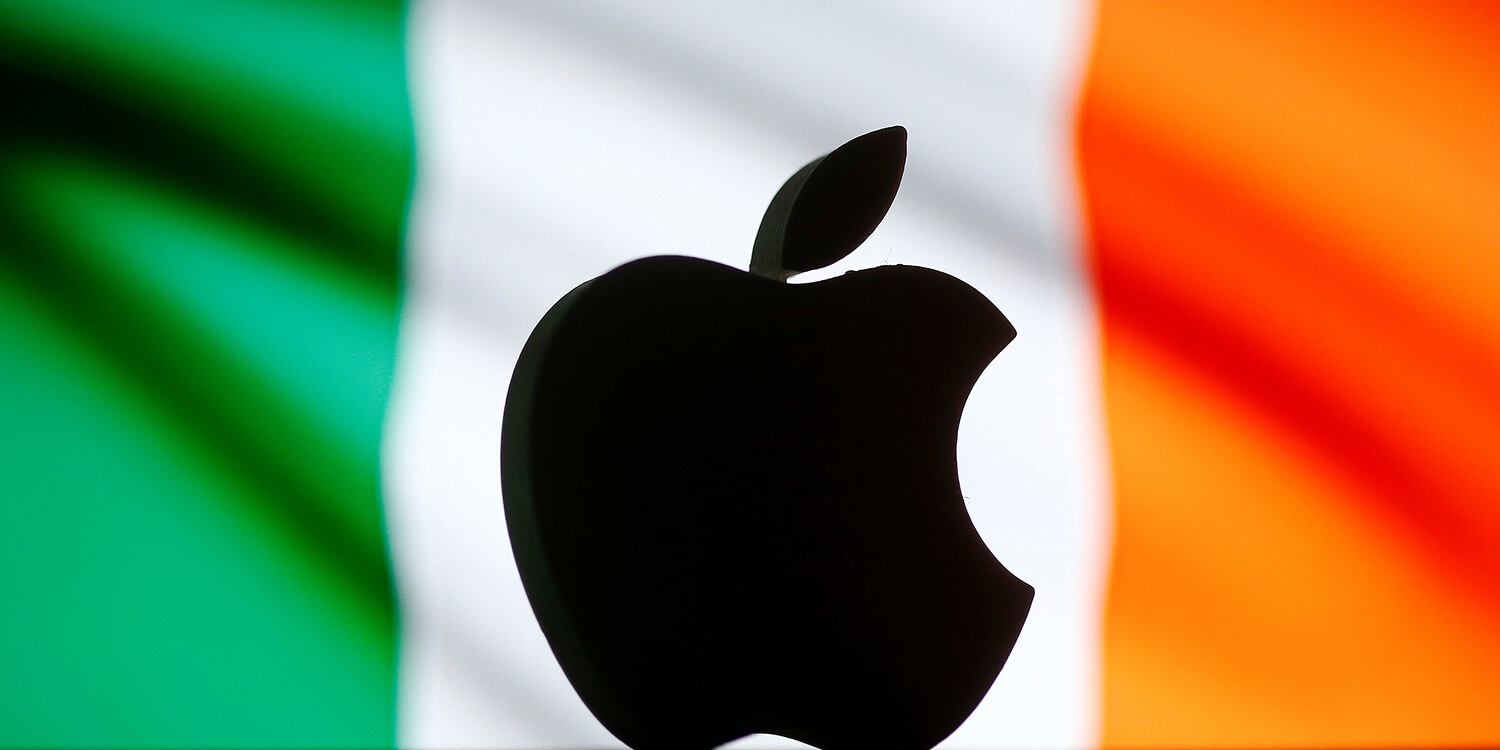Documents uncovered in the Paradise Papers, a leak containing over 13 million documents being sifted through by journalists in more than 67 countries, has revealed that Apple was secretly seeking to shelter revenue from taxation after Ireland's 2014 tax reformation. Some of the papers show that in 2015, the company moved management of its Irish subsidiaries to the Channel Island of Jersey, which has no corporate tax, but still maintained the onshore Irish companies.
The smoking gun document was uncovered by the International Consortium of Investigative Journalists. It appears to be a questionnaire from Apple e-mailed to various tax jurisdictions including the British Virgin Islands, Bermuda, the Cayman Islands, Mauritius, the Isle of Man, Jersey and Guernsey. The questions, mostly related to what types of tax breaks the company could expect by moving operations, included the following:
- "Is it possible to obtain an official assurance of tax exemption, and if so what is involved in obtaining it, including costs?"
- "Are there any developments suggesting that the law may change in an unfavorable way in the foreseeable future?"
- "Is there a credible opposition party or movement that may replace the current government?"
There was also evidence suggesting Apple was trying to keep its moves and motivations secret. Another question on the document asked, "What information is publicly visible (e.g., through the company's registry or equivalent) when a company is registered in your jurisdiction?"
Additionally, an e-mail between top executives at Appleby (the law firm that is the source of most of the Paradise Papers) stated, "For those of you who are not aware, Apple [officials] are extremely sensitive concerning publicity. They also expect the work that is being done for them only to be discussed amongst personnel who need to know."
Ultimately, Apple decided Jersey was the best candidate for the restructuring and moved the facilities there, applying for and receiving residency.
The BBC reports that Jersey companies hold $252 billion in offshore Apple cash. Furthermore, that same year, Ireland saw a spike of 26 percent in its GDP. Journalists investigating the papers concluded that the spike was caused by Apple selling intellectual property assets held by the Jersey companies to the Irish branches.
It is asserted that the Irish residing companies can use the enormous costs of the IP purchase against future taxes. Thus Apple has avoided paying taxes on the Jersey sale and offsets any tax debt incurred in Ireland.
Apple issued a statement in response to the reports claiming that it has done nothing wrong and that it pays all of its taxes as required wherever it operates.
"Apple believes every company has a responsibility to pay its taxes, and as the largest taxpayer in the world, Apple pays every dollar it owes in every country around the world... The changes Apple made to its corporate structure in 2015 were specially designed to preserve its tax payments to the United States, not to reduce its taxes anywhere else. No operations or investments were moved from Ireland. Far from being "untouched by the United States," Apple pays billions of dollars in taxes to the US at the statutory 35 percent rate on investment income from its overseas cash. Apple's effective tax rate on foreign earnings is 21 percent --- a figure easily calculated from public filings. This rate has been consistent for many years."
The company claims that the argument is not over how much it owes in taxes, but rather where those taxes are owed.

Indeed, the Irish government was frustrated at the meddling in its tax affairs when the European Commission launched its 2013 probe that sparked the whole "double Irish arrangement" controversy in the first place. The Irish government's stance was that the EC was encroaching its sovereignty to create its own tax laws.
When the EC ruled that Ireland had violated European Union regulations regarding providing "state aid" to corporate interests, both Ireland and Apple initiated an appeal.
Tim Cook criticized the ruling as "total political crap [with] no reason for it in fact or in law."
Reportedly, Ireland agreed to collect $13 billion from Apple and hold it in escrow until the appeal is heard, but as of October, the EU is planning on suing Ireland as it has not yet collected the money.
The issue is certainly not cut and dry. There are multiple sides to the drama with players that include the US Treasury Department, the European Union, the government of Ireland, Apple Inc. and others. Expect this one to be tied up in international courts for a very long time.
